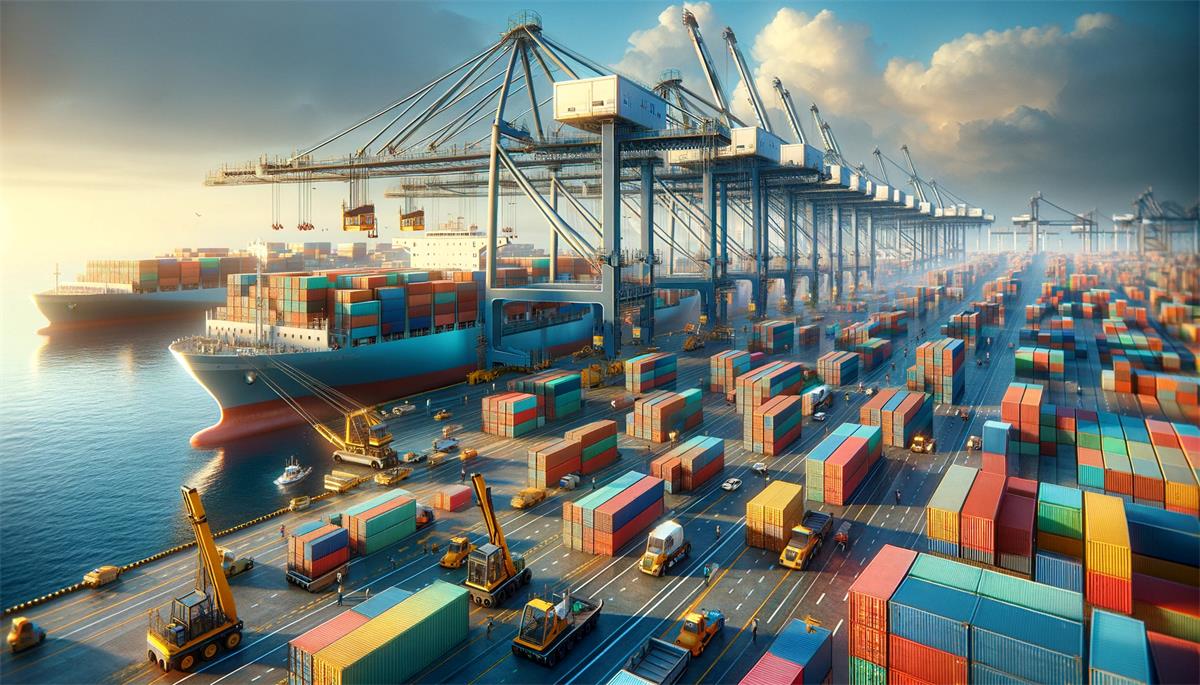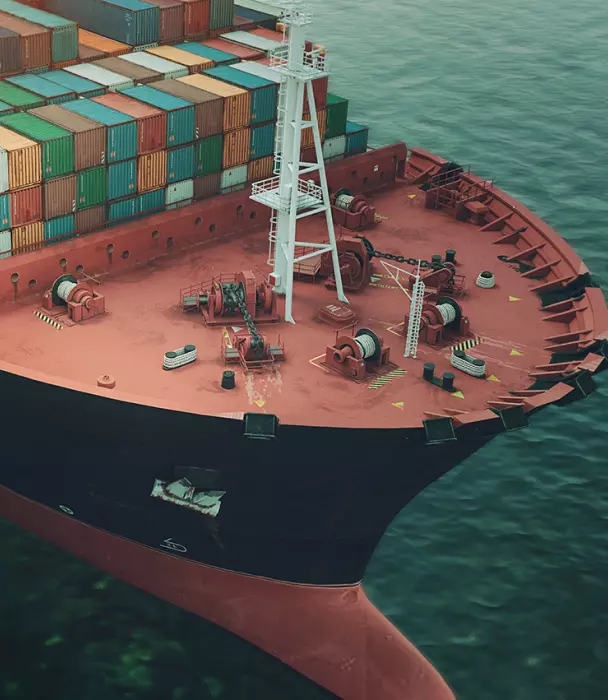Freight forwarders play a crucial role in disaster response and humanitarian logistics, providing vital support during emergencies and crises. Their expertise in managing complex supply chains, coordinating transportation modes, and navigating regulatory environments makes them indispensable in delivering aid to affected areas promptly and efficiently. This article focuses on how freight forwarders can assist in humanitarian efforts.
Quick Response and Effective Planning
In the immediate aftermath of a disaster, time is of the essence. Freight forwarders leverage their global networks and logistics expertise to mobilize resources swiftly. They are adept at planning and executing complex logistics strategies to ensure that aid materials such as food, medical supplies, and shelter reach those in need as quickly as possible. Their ability to forecast logistical challenges and devise effective solutions is critical in minimizing the impact of disasters.
Multimodal Transportation Coordination
Freight forwarders excel in coordinating various modes of transportation—air, sea, rail, and road—to navigate the often chaotic and damaged infrastructures in disaster-stricken areas. They assess the most effective routes and modes of transport to expedite the delivery of aid. For instance, during the early days of the COVID-19 pandemic, freight forwarders were instrumental in moving medical supplies across borders amidst unprecedented global supply chain disruptions.
Navigating Regulatory Hurdles
Disaster zones often face regulatory challenges, including customs clearances and import/export restrictions. Freight forwarders, with their in-depth knowledge of local and international regulations, play a vital role in navigating these hurdles. By ensuring compliance and facilitating smooth customs processes, they help prevent delays in aid delivery, ensuring that supplies reach those in need without unnecessary hold-ups.
Innovation and Technology
Freight forwarders are increasingly employing innovative solutions and technology to enhance disaster response efforts. The use of drones for delivering supplies to inaccessible areas, real-time tracking systems for monitoring shipments, and blockchain for improving supply chain transparency are just a few examples of how technology is being harnessed to improve efficiency and effectiveness in humanitarian logistics.
Collaboration and Partnerships
Collaboration between freight forwarders, humanitarian organizations, and local communities is vital for effective disaster response. Freight forwarding networks engage in strategic partnerships and alliances with humanitarian agencies, enabling them to pool resources and share expertise. By working together, they enhance coordination, information sharing, and capacity building, ultimately improving the overall effectiveness of humanitarian logistics.
Freight forwarding networks are indispensable in disaster response and humanitarian logistics. Their expertise, global networks, and ability to navigate complex logistical challenges make them indispensable partners in delivering aid to those in need. As the world faces an increasing number of crises, the role of freight forwarders in humanitarian logistics continues to grow, ensuring efficient response and relief efforts. Important to mention that their contributions not only help save lives but also play a vital role in the recovery and rebuilding of affected communities.


